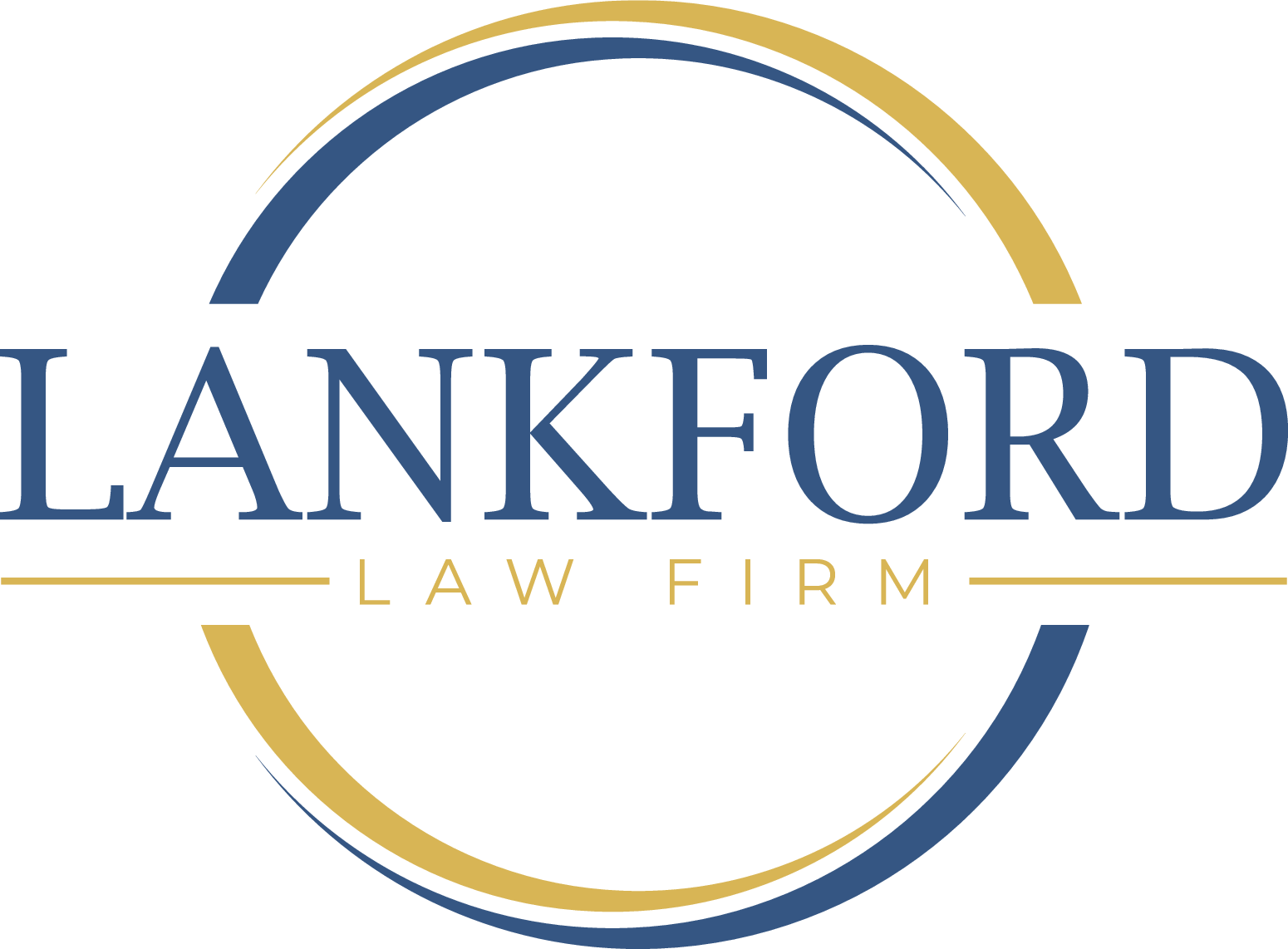What Are Your Options for Business Structures in Florida?
Launching your own business can be exciting, but while you’re getting caught up in the adventure of starting a small business, don’t forget about the critical details. Consider working with professionals to create a business plan that will help support the success of your endeavor in the future. You should also consider what the right business formation is given your business type and goals.
An experienced Florida business law attorney can help you craft a strong foundation for your business, starting with its legal structure.
Florida Business Structures
There are multiple business types in Florida to choose from. Each comes with its own pros and cons and may be right for different types of businesses.
Sole Proprietorship
A sole proprietorship is the simplest business structure, and it doesn’t require filing articles of incorporation with the state or figuring out corporate income taxes. Because of this, it’s often the least expensive business type to set up.
However, this legal structure doesn’t provide any separation between you and your business, which can leave your personal assets at risk.
This business structure tends to be better for small businesses with low risks and fairly low revenues such as individual/freelance writers, housekeepers, tutors, or photographers.
Partnerships
A partnership is a simple business structure with two or more owners. While this structure doesn’t require articles of incorporation, you do need to create a partnership agreement and register your business name.
Some benefits of a partnership is that it lets you pool resources and experience and may make it easier for your business to access resources such as capital loans. However, the less formal business structure can leave you more at risk than you would be with an LLC or corporation because you retain unlimited liability. You also have to be certain you are aligned with your partners, as you must manage and control the business together.
Limited Liability Company
An LLC is a more complicated business structure than a partnership or sole proprietorship. You will need to file Articles of Organization with the state. The fees for filing this paperwork as of 2024 total $160, though that doesn’t include any costs involved in having a professional draft the document. LLCs also have annual reporting requirements in Florida.
One benefit of an LLC is that it creates a protective layer between you personally and your business. If the business is sued, for example, your personal assets are not automatically at risk. This makes an LLC a good business structure choice for small businesses that involve some level of risk, such as electrician or HVAC companies or companies selling consumer products.
Corporation
Corporations are typically the most complex business structures. You will need to file Articles of Incorporation to set up this type of business. The filing is completed with the Florida Department of State. Corporations have annual reporting requirements and complex tax structures and legal requirements. They can also substantially reduce how much future control you have over your business.
The benefit of a corporation is that it provides the best possible protection of your personal assets, as the separation between you and your business is complete.
Non-profit
In some special cases, a non-profit structure may be right for your business. Nonprofits and not-for-profits can get special tax considerations and other benefits, but they require very specific attention to the structure of your company, how you accept payments, and what you do with any revenue.
How to Choose the Right Option for Your Business
To choose the right business structure for your new company you must consider your business type, your own personal financial situation, and your future goals. Because this is such an important decision for your fledgling company, you may want to talk to business law and accounting professionals to get input into what might be best for your startup.
What Else Do You Need for a Legal Business in Florida?
Once you decide on a business structure, you are not done with the legal requirements for your business. You may need a local county or city business license, for example, and you might want to register a fictitious DBA name. It’s also common for small businesses to register for a federal employer identification number, especially if they intend to hire and pay employees.
Depending on the nature of your business, you may need to procure other credentials, such as professional licenses, as well as insurance.
Get Help From a Business Law Attorney
All of the decisions and requirements that go into launching a business can be daunting. Don’t let the legalities frighten you away from starting your dream. Reach out to a business law attorney who can provide guidance and help ensure you set your business up for the best chances of success in the future.
An experienced business lawyer can provide insight into what business structure might be right for you and help you draft and submit any required paperwork for that structure. They can also help you create important tools for your business, such as contracts, and answer legal questions you might have as you grow your company. Call the Lankford Law Firm at 850-888-8992 to hire a legal team who can provide ongoing support for your business.


 Call Us Now
Call Us Now Email Us Now
Email Us Now



